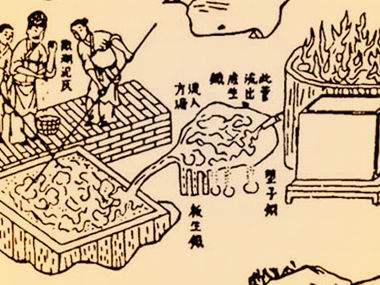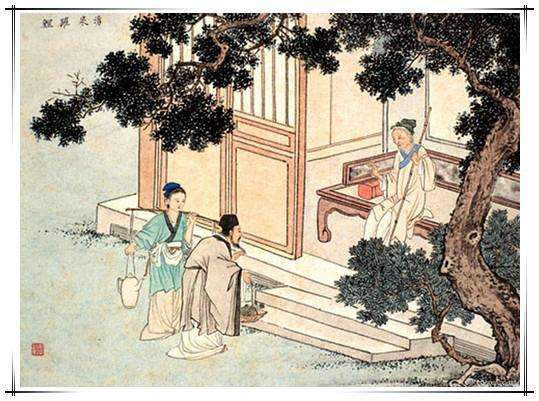Harmony between the Suzerain and Tributaries
3 min readThe Chinese had created the splendid ancient civilization early in history,far more advanced than that of surrounding minority nationalities and neighbouring people.As China was isolated from other great civilizations by lofty mountains,boundless deserts,vast grassland and immense oceans,it had grown lonely within this eastern Asian landmass,where it had formed the unique external relationships,with China,the suzerain as the center,and neighboring minority people and countries as tributaries.Within these distinctive ancient international relations in east Asia,those tributary countries and tribe people came from afar to pay tribute to Chinese emperors with gifts showing their loyalty.Chinese emperors would grant them an abundance of material rewards and confer titles of nobility on their kings in return.The Chinese had actually transplanted the internal relationship between the emperor and ministers to the external relationship with both some of our minority people in the frontiers and neighbouring countries.With their advanced civilization behind,the Chinese had been in an advantageous position,and designed such a suzerain-tributary relationship with“harmony”,totally out of Chinese innate honesty,kindness as well as vanity.Chinese emperors and officials had adopted a variety of measures and policies to encourage and motivate them to come and admire Chinese culture and at the same time enable them to benefit from the exchange:

1)“If such a state of affairs exists,yet the people of far-off lands still do no submit,then the ruler must attract them by enhancing the prestige of his culture.”
Efforts had been made to improve their cultural and moral levels in their governance to attract them and make them willing to go out of their ways to pay their tribute to Chinese emperors in the Central Plains and learn from Chinese culture,just like foreign students studying in Changan and their envoys to Chinese capital city.Among them,Japanese were the most modest and sincere,and their learning was the most effective as they had absorbed many of Chinese systems in creating their own systems.This was what Confucius called“winning over frontier people from four directions by refined culture and morality”.
2)The emperors and officials had adopted the generous policy of“fewer tributary products for more royal rewards”,to make them highly motivated to come along actively,and even cross the ocean to pay tribute.This was the so-called“conciliation”,or“winning over”,to stimulate them with“interests”and make them feel that there was profit to be reaped.Among the tributaries,Korea took the initiative to ask for more opportunities to pay tribute in order to show their“piety”or“loyalty”to Chinese emperors,but actually they could not resist the lure of tremendous profits.Of course,too frequent tribute-paying burdened Chinese economy.
3)Special envoys had been dispatched to foreign countries to solicit tribute-paying missions in order to create the halcyon days of domestic peace and harmonious external relationships.In the Ming Dynasty,the third emperor,Zhu Di,ordered the great navigator,Zheng He and his fleets to make seven voyages to the Western Seas,neither for the purpose of conquest,nor for economic and trade purpose,but only for soliciting some foreign envoys and building more harmonious tributary relations.Some of those countries,which Zheng He and his crews visited,had sent their envoys,even their princes and senior officials,to Beijing to demonstrate their“loyalty”to the Chinese emperor,and were hospitably treated and presented with large amount of material rewards.

In history,Chinese emperors had implemented these measures and policies in order to establish the tributary system with China as the suzerain,to build the harmonious relationship between the suzerain and tributaries to ensure the domestic peace,and international peace or at least frontier peace.








